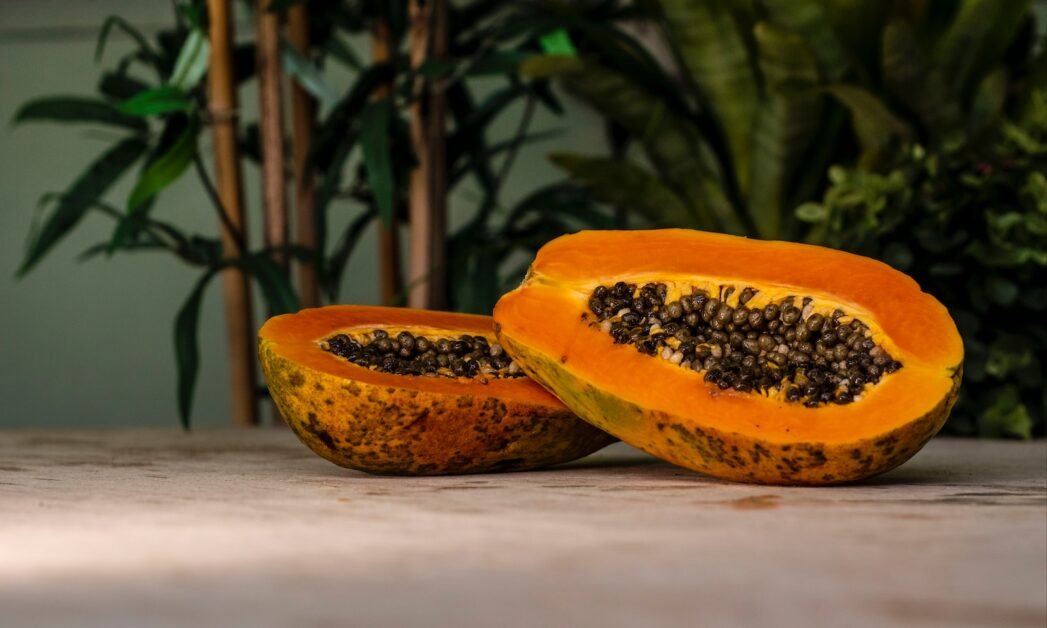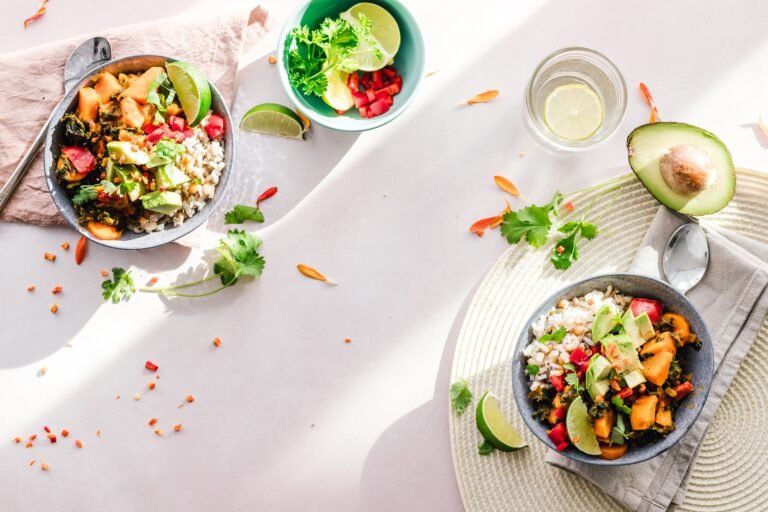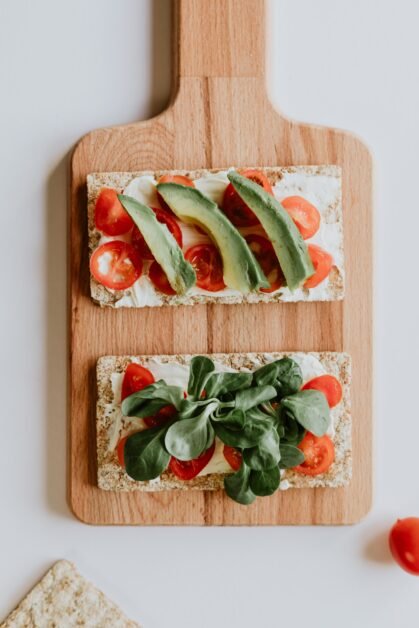Table of Contents
Is Papaya Good For Diabetes? Let’s Find Out!
Are you thinking to yourself: ” Is papaya good for diabetes?” Finding delicious yet nutritious food can be a struggle when managing diabetes, but don’t give up hope – Mother Nature has provided us with an exotic fruit that could become your go-to option in fighting this condition: the juicy papaya!
Papayas not only offer delectable flavors, but are packed with vitamin, mineral and antioxidant-rich nutrients which may benefit health. But what impact is papaya having on blood sugar management, specifically people living with diabetes? In this blog we’ll look into its nutritional composition as well as potential advantages over managing it with other methods; and assess any risks or concerns about including this delicious fruit into diet plans – let’s find out whether papaya deserves its place at our tables!
Is Papaya Good For Diabetes? Let’s Check The Papaya Nutritional Profile
Papaya is an irresistibly delicious fruit packed with nutrients. Low in both calories and carbs, yet abundant with essential vitamins and minerals.
One medium papaya contains around 120 calories and 30 grams of carbs, providing more than twice your recommended daily allowance of vitamin C. Furthermore, papayas contain high quantities of fiber which helps control blood sugar by slowing its absorption into your system.
Papayas contain Vitamin C as well as other essential vitamins and minerals such as folate, potassium magnesium and Vitamin A which all work to support overall health, including managing diabetes. These fruits provide essential health benefits and may even be an aid for managing it more successfully.
Papayas also contain papain, an enzyme which aids digestion and reduces inflammation. It may prove particularly useful to diabetics with digestive difficulties or who face increased risks from complications related to inflammation.
Papaya can make for an effective addition to a diet suitable for diabetes when consumed in moderation; however, this fruit shouldn’t replace other important elements like whole grains, lean proteins, vegetables and healthy fats that should all play key roles.
Before making major dietary adjustments or trying new foods, always consult a healthcare provider first. They can give tailored advice based on your unique requirements, helping create a meal plan full of papaya as well as other nutritious food sources to assist with diabetes management.
Papaya can provide significant aid in controlling diabetes.
Papaya, an exotic fruit with sweet orange-hued flesh and many nutritional advantages, provides numerous health benefits when managing diabetes. Here are just a few ways papaya contributes to better diabetes control:
1. Low Glycemic Index: Papaya boasts an exceptional low glycemic index rating which means it does not cause sudden spikes in blood sugar after consumption. This makes papaya ideal for diabetics looking to avoid potential spikes.
2. Fibrous Foods: Fibrous foods help diabetics maintain normal blood sugar levels by slowing glucose absorption into the bloodstream, with papaya being an ideal food because of both its insoluble fibers and soluble fibre content.
3. Antioxidants play an integral part in protecting cells against damage caused by free radicals – unstable molecules known as unstable ions that attack our cellular components without our knowledge or permission. Papaya contains powerful antioxidants like Vitamin C and Carotenoids which have been associated with decreased chronic diseases risk, including diabetes.
4. Aid for Digestive Health: Diabetics often struggle with digestive conditions like gastroparesis or constipation, yet papaya’s high fiber content promotes regular bowel movement and supports effective digestion.
5. Anti-Inflammatory Properties Chronic inflammation has been linked with insulin resistance and type 2 diabetes. Papaya contains compounds with anti-inflammatory effects which could lower inflammation markers.
While papaya can help manage diabetes, eating it should still be done within an overall meal plan that suits your specific needs and preferences, while including other healthy lifestyle factors like regular physical activity.
Is Papaya Good For Diabetes? Here’s The Potential Risks
Papaya can provide numerous advantages when it comes to managing diabetes; however, there may also be certain risks or factors which could impede its suitability for individuals with the condition.
Papaya may contain relatively lower sugar than most fruit, yet still contain carbohydrates, making it essential when including it into a diabetic-friendly diet to control portion sizes accordingly and monitor blood glucose levels to assess how your body responds.
People taking antiplatelet or blood-thinning drugs should use caution when eating large quantities of papaya fruit as it contains enzymes like bromelain that could potentially have anticoagulant effects and interact with certain medications.
If you are sensitive to latex, there’s also the chance of reacting adversely to papaya as both contain proteins which could trigger an allergic response.
Before making significant dietary adjustments, it’s a good idea to consult a registered dietitian or healthcare professional for personalized guidance based on the specifics of your health needs and situation. They will offer tailored guidance tailored specifically for you!
Moderation and balance are integral parts of managing diabetes through diet. You can make an informed decision regarding including papayas as part of your diabetes management plan by considering potential risks, consulting professionals and considering their advice.
How to Include Papaya in a Diabetes-Friendly Diet Plan
Is papaya good for diabetes? Well, dieting to manage diabetes effectively is essential. Papaya fruit makes an excellent addition, as its low glycemic index makes it suitable for diabetics.
Papaya contains essential nutrients including Vitamin C, antioxidants and fiber which can assist individuals in managing their blood glucose level more easily. Papaya’s high fiber content slows digestion thus helping prevent sudden spikes in blood glucose levels.
Papaya contains antioxidants which may also reduce inflammation and oxidative stresses linked with diabetes, making this fruit an excellent addition to a diabetic-friendly diet plan.
Papaya can add zesty color and sweetness to fruit salads or serve as an afternoon snack. Incorporate it into smoothies for extra nutrition or create homemade salsa and chutney!
As part of an overall meal plan tailored specifically to your dietary requirements, consume moderate quantities of papaya as part of an overall nutrition-rich meal plan containing food that provides essential dietary benefits such as papain and other rich sources. It may be wise to consult a registered dietician or healthcare professional prior to making major dietary adjustments.
Papayas offer many nutritional advantages while simultaneously supporting blood glucose regulation. So enjoy their flavorsome delight while giving yourself nourishment!
Is Papaya Good For Diabetes? Let’s Summarize
Papaya is an immensely nutritious fruit with multiple health advantages, making it an excellent addition to a diabetic diet. Thanks to its low glycemic index and rich fiber content, papaya’s anti-oxidative benefits reduce inflammation and oxidative stresses associated with the disease – two common complications.
Papaya should only be consumed in moderation and when adding fruit into diabetic meal plans; when making significant alterations, consult a registered dietician or healthcare professional first.
Balance your meals by including foods rich in nutrients like vegetables, lean protein, whole grains and healthy fats like papaya in your healthy eating plan to manage blood sugar while enjoying its delectable flavour. By doing so you will both stay on a path towards weight management while enjoying delicious papaya dishes!
Papaya contains fiber and low glycemic value that may help manage blood sugar. Individual responses will depend upon medication use and health status; results may also differ according to diet alone.
Remember, managing diabetes requires taking an holistic approach involving regular physical activity (if required), taking necessary medications, using stress reduction techniques and eating foods rich in nutrition such as papayas and other nutritious fruits.
Moderation is key to enjoying this tropical treat! Include it as part of a healthy, customized diet tailored specifically for you and enjoy every sweet bite with gratitude and pleasure!
FAQ’s (Frequently asked questions)
1. Can papaya help reduce my blood sugar levels?
Papaya can be part of an effective diabetes diet, but should never be relied upon as the sole solution or cure. In order to successfully manage diabetes, regular monitoring and following an appropriate meal plan prescribed by healthcare provider are required for effective management.
2. What is the maximum daily papaya serving I should eat with diabetes?
Papaya serving sizes will depend on individual needs and preferences. For optimal health, moderate consumption of fruit should include papaya. You should speak to either your registered dietician or healthcare provider to establish the serving size that’s right for you.
3. What other fruits can help diabetics?
Yes! Many fruits can make for tasty meals when eating with diabetes, such as strawberries and blueberries; citrus fruit (oranges and grapefruits); apple; and cherries – each offering antioxidants and fiber while being naturally low-carb options.
4. Is dried papaya safe to consume or drink?
Due to water removal during processing, dried papaya and its juice often contain higher sugar concentrations than fresh fruit, necessitating people with type 2 diabetes to use caution when eating dried papaya and monitor their blood glucose levels before consumption.
5. Should I consult my physician regarding adding more papayas to my diet?
Before making significant dietary adjustments if you suffer from diabetes or another underlying condition, consult with a healthcare practitioner first for personalized advice to manage blood sugar levels properly. They can offer tailored assistance based on individual circumstances to make sure blood sugar is optimally managed.
Although incorporating foods rich in nutrients such as papayas into your diet may help with managing diabetes, you must still create a customized meal plan to fit your specific requirements.







